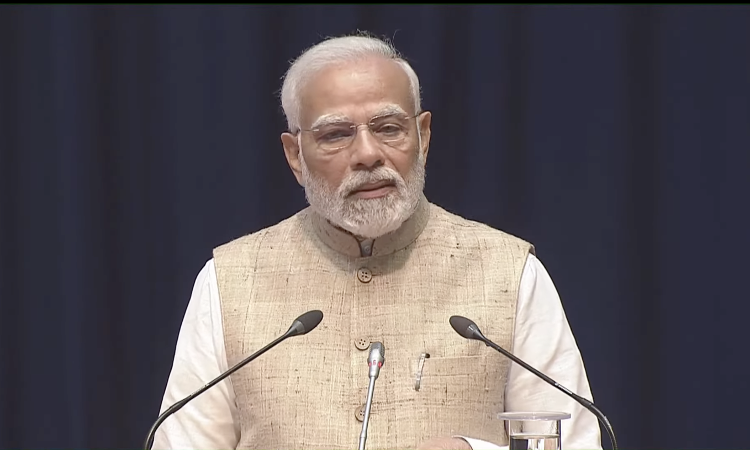Prime Minister Narendra Modi delivered an address at the inauguration of the Bar Council of India International Lawyers' Conference 2023. The two-day international conference features inaugral ceremony, ten technical sessions aimed at knowledge sharing, and a valedictory session. The theme of the conference is, ‘Emerging challenges in Justice Delivery System’. In his address, Prime...

